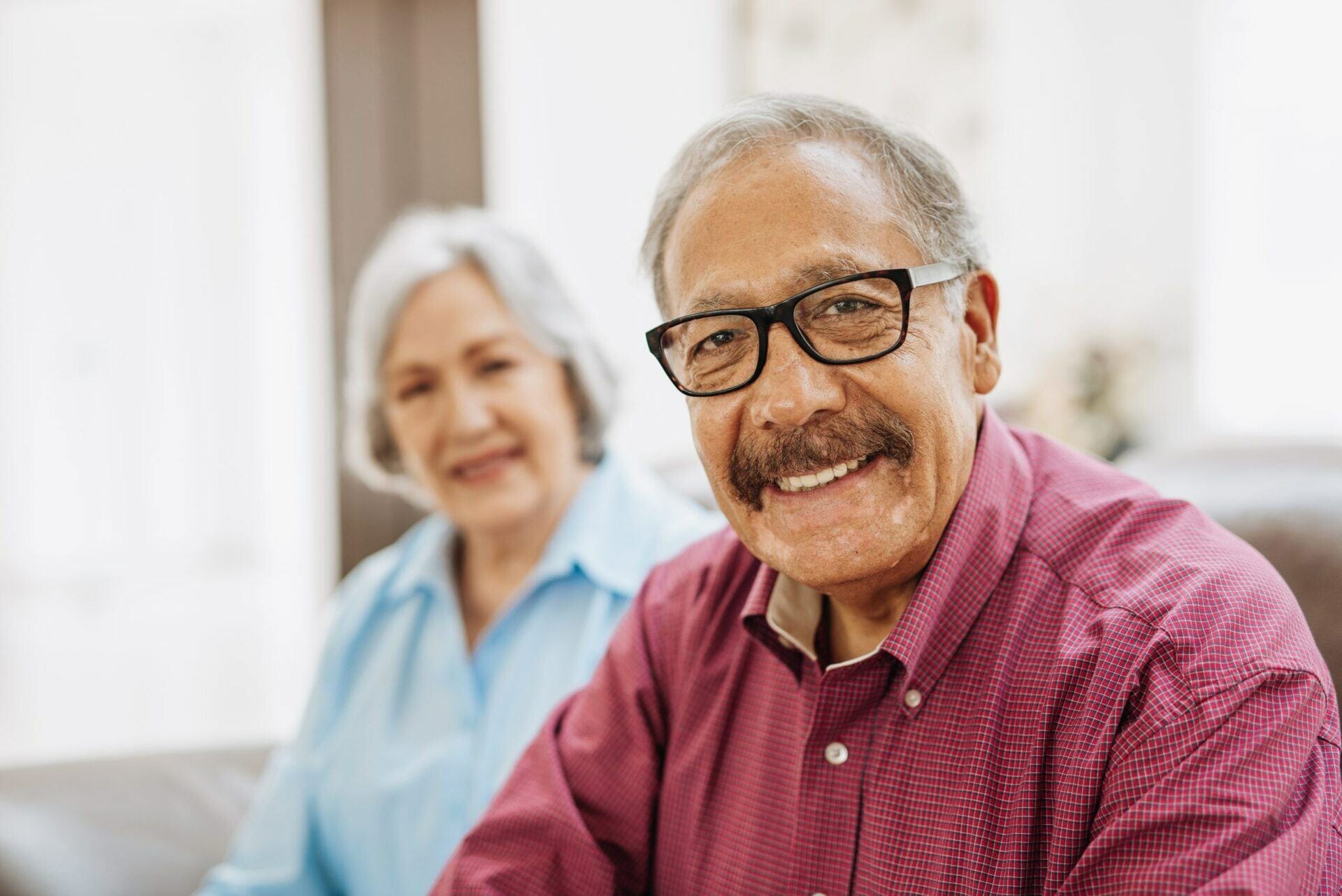
Help: My Spouse is Addicted to Pain Pills
When someone you love immensely, such as your partner for life, is struggling with addiction, it can be crippling not knowing what to do. Drug abuse happens all across the US every day with prescription pain medications, and it’s easy to become addicted to them. An addiction to pain pills is especially dangerous — in 2014 alone, 18,893 people died as a result of an overdose from an opioid analgesic, more commonly referred to as a pain pill. If you are concerned that your spouse is addicted to pain pills, it’s important to take steps to address the addiction because it can be a life-threatening condition. Additionally, the addiction can be detrimental to your relationship, your family, and the health of both you and your spouse. Read on to learn what steps you can take to help.
Understand the Addiction
It’s important to know that your partner is not weak or doing it on purpose, and addiction is not a “moral failing.” Pscyhological addiction is a component, impairing one’s ability to choose, and the body becomes dependent upon the medication to function. Without it, the person taking the pills can experience withdrawal, which will make them feel very sick. The only thing that will make that sickness go away is consuming more pills. What happens next is a dark road into opioid addiction, and if left untreated, the addiction can become so severe that they outpace their prescriptions. It’s a road that any addict wishes they never went down. You may find that your spouse may be unable to pay for his or her habit — and this is often the point at which individuals who started on pain pills begin searching for a new way to meet their need for the drug. This may mean stealing or engaging in other illegal activities to fund the habit, as well as turning to cheaper alternatives, which include heroin.
Learn The Signs
If you suspect that your spouse is addicted to pain pills, it’s important to be educated about the issue. The more information you know, the better prepared you will be when facing the addiction and the problems that stem from it. Even by reading this post, you’re taking a step forward. You’ll first want to learn the signs and symptoms of opioid addiction. An article from CBS News highlights five symptoms of pain pill addiction:
- Appearing tired; drowsiness and lack of energy
- Lack of motivation and an inability to concentrate
- Social and behavioral changes (examples include missing work, becoming isolated, spending less time with friends)
- Changes in appearance (when using painkillers, your partner may have pinpoint pupils; itching of the arms, stomach or legs; flushing; head nodding; stomach issues, such as nausea, vomiting, and diarrhea; insomnia; and other flu-like symptoms.
- Increased secrecy (your husband may feel like he needs to start living a double life — and he may be able to do that if you aren’t aware)
Even though your partner may have been prescribed pain medication by a doctor, it doesn’t mean that it is “safe.” Use your intuition — if you feel there is a problem, take action.
Take Action
If you’re concerned about your spouse’s painkiller addiction, or suspected addiction to pain pills, it’s important not to wait. You’ll need to express your concern to your partner and look for a treatment center. Opioids can be one of the most difficult addictions to conquer, and there are many physical challenges aside in addition to the mental ones. But recovery is possible, and people do recover. It can be deadly trying to quit cold turkey, so it is best to seek help. Although you cannot force your partner to go for help, you can give him or her every available option to get better. If he or she accepts, you’ll need to be ready to arrange for treatment. Whether or not your partner decides to accept help, it’s important for you to get help and support, too. Although you aren’t the one with the addiction, you’ve likely also suffered as a result of his or her addiction. It can be traumatic, and it is incredibly emotionally challenging as well. Don’t forget to prioritize your own self-care which will ultimately better enable you to support your partner.
Oct 18, 2016 | Blog



